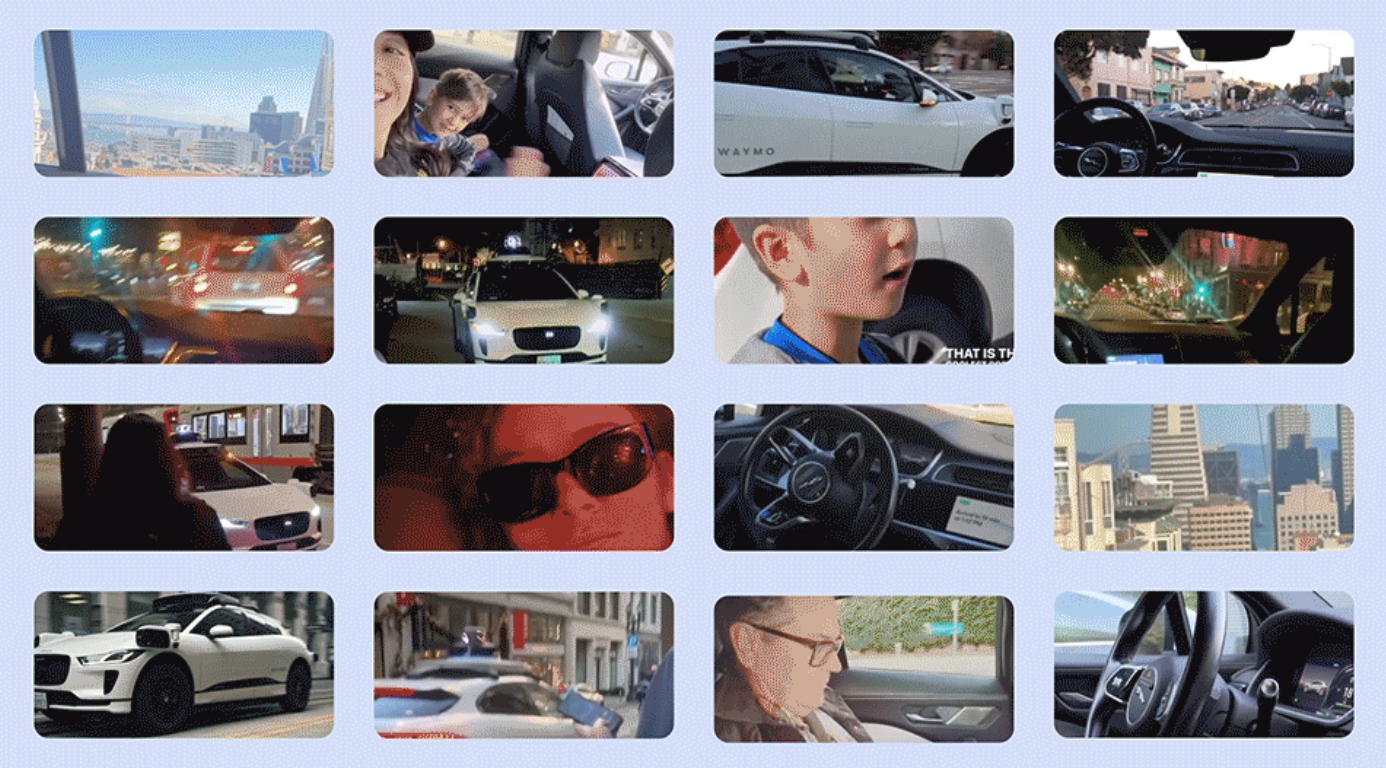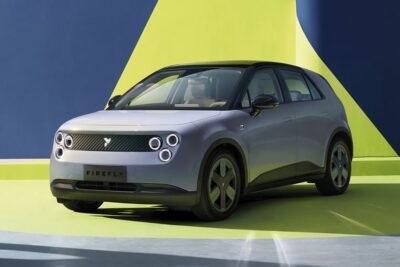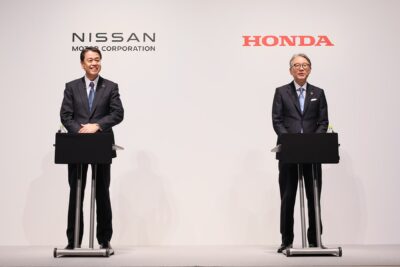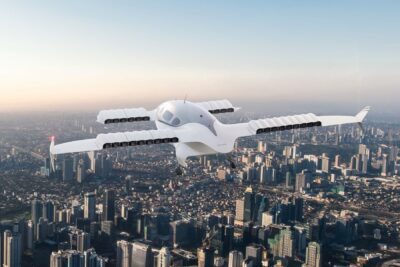Waymo autonomous ride-hailing service now offered in San Francisco
Waymo One vehicles are now traversing San Francisco streets with fully autonomous ride-hailing services. In October last year, Google subsidiary Waymo expanded its robotaxi service in cooperation with Uber with driverless rides in Phoenix, where users can book a completely self-driving electric car via the Uber app. In March this year, the company received approval from the California Public Utilities Commission (CPUC) to start its Waymo One fully autonomous services in Los Angeles and some cities near San Francisco.
Preparation meets opportunity
Waymo first started a test service with its research-focused program in San Francisco in 2021, whereby all of the rides were accompanied by an autonomous specialist on board, as the company looked to commercialize the technology.
The commercialisation of the service in San Francisco has had a long prelaunch period by opening a waitlist that the company says has now accrued nearly 300,000 people, pointing out that this number represents more than a quarter of the city’s population. Wymo says the waitlist includes interested customers who live and/or work in, and visit San Francisco.
Focus on software before the vehicle
Waymo was Google’s driverless car project before the internet giant, now Alphabet, decided early on to focus on autonomous driving technology, not the car. In 2018, Waymo agreed with Jaguar to develop a fleet of I-Pace electric cars into robocabs.
In addition to Jaguar, Waymo entered a strategic partnership with Volvo Cars in 2020. Including the Polestar and Lynk & Co. brands, Volvo wants to integrate autonomous driving tech into a new electric vehicle platform for ride-hailing services based on the Waymo Driver. A cooperation drawn up in 2022, saw the company work with another Geely company, Zeekr, on a purely electric and fully autonomous minivan for US ride-hailing services.
Where others have failed
Safety concerns with autonomous vehicles have plagued with sector, with numerous supposedly autonomous or semi-autonomous electric vehicles being trialed and taken off the roads. Tesla, despite its declared focus on autonomous vehicles, is still working on appropriate and reliable technology for fully autonomous driving.
Legacy carmaker GM its autonomous service Cruise lost its self-driving license in California twards the end of last year, suspending all autonomous car activities in the USA. This affected the cities of Phoenix, Houston, Austin, Dallas and Miami. In its initial decision, the California Department of Motor Vehicles (DMV) deemed the autonomous Chevy Bolt EVs “not safe for the public’s operation.” Moreover, the DMV accused Cruise of misrepresenting the safety of the technology following several accidents. Instead of operating its proprietary shuttle Cruise Origin, Cruise had utilised Chevrolet Bolt cars equipped with additional sensors.
While Waymo seems to have taken a winning strategy by focussing on the software more than the vehicle, the company’s vehicles do not operate without incident. Last month, the U.S. National Highway Traffic Safety Administration said it had learned of nine additional incidents raising concerns about the performance of Waymo self-driving vehicles.
Waymo is strident about its dedication to safety and seems to be making it through regulatory loops and customer loyalty where others have failed. The company points out that the used of its Waymo Driver technology saves lives by helping people avoid drinking and driving, and drowsy driving.
“Drunk driving remains the leading cause of fatalities and injuries on American roads, claiming over 13,000 lives in 2021 alone. As drivers increasingly drive while impaired, the need for technological intervention becomes evident,” — says Patricia Rillera, Mothers Against Drunk Driving (MADD) California State Executive Director. “MADD proudly collaborates with autonomous vehicle leaders like Waymo, recognizing their potential to prevent tragedies caused by impaired, distracted, and drowsy driving.”
While this begs the question how autonomous vehicles pose any saftey advantage in this regard to regular taxis with drivers, the company points out that driverless vehicles offer people from vulnerable and marginalised groups with higher saftey. Drunk or otherwise impaired drivers also have a reduced risk of assault with a driverless vehicle. On the other hand, less drivers also means less people who might intervene in a saftey incident outside their vehicle. The company says its vehicles are charged with renewable energy





1 Comment